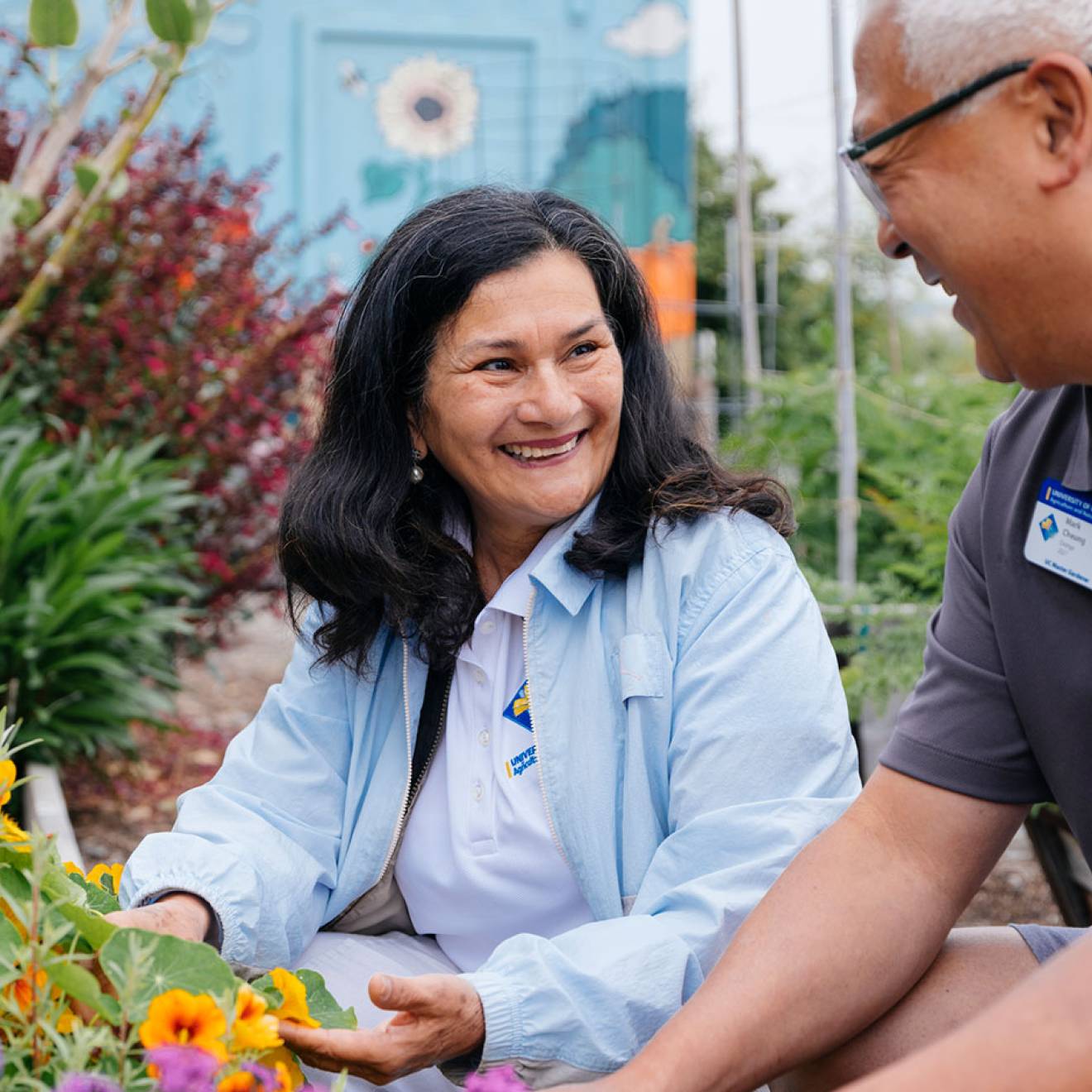Jeannette Warnert, UC ANR

Over the last 100 years, the UC Agriculture and Natural Resources 4-H Youth Development Program has taught California children about food, agriculture, leadership and community service using learn-by-doing practices. To offer 4-H expertise to children south of the border, Vice President Glenda Humiston traveled to Mexicali, Mexico, to sign a memorandum of understanding with Baja California Secretary of Agriculture Manuel Vallodolid Seamanduras on Jan. 20.
“The need for education doesn't stop at the border,” said Lupita Fábregas, assistant director for 4-H diversity and expansion and UC Cooperative Extension 4-H advisor. “The wonderful educational opportunities available to California youth are now being offered to a group of children in Mexicali. And that program will be a model for the rest of Baja California and Mexico.”
Addressing the children gathered at the signing ceremony, Humiston said, “We're excited to share the 4-H experience with you.”

Credit: UC ANR
Today, projects in new technologies – like drones and rocketry – join more traditional projects – like cooking, sewing, animal husbandry and farming – to give young people channels to explore a wide variety of options and interests.
“We are looking into expanding to community colleges and offering education for future entrepreneurs or youth interested in skilled trades,” said Humiston, who credits 4-H with enabling her to be the first in her family to attend college.
The establishment of a club like 4-H in Mexico is the fulfillment of a life's dream for Claudia Diaz Carrasco, 4-H youth development advisor in Riverside and San Bernardino counties.
“I found my passion,” said the native of Mexico City. “To solve world hunger, we need to find solutions one community at a time. 4-H does that.”

Credit: UC ANR

